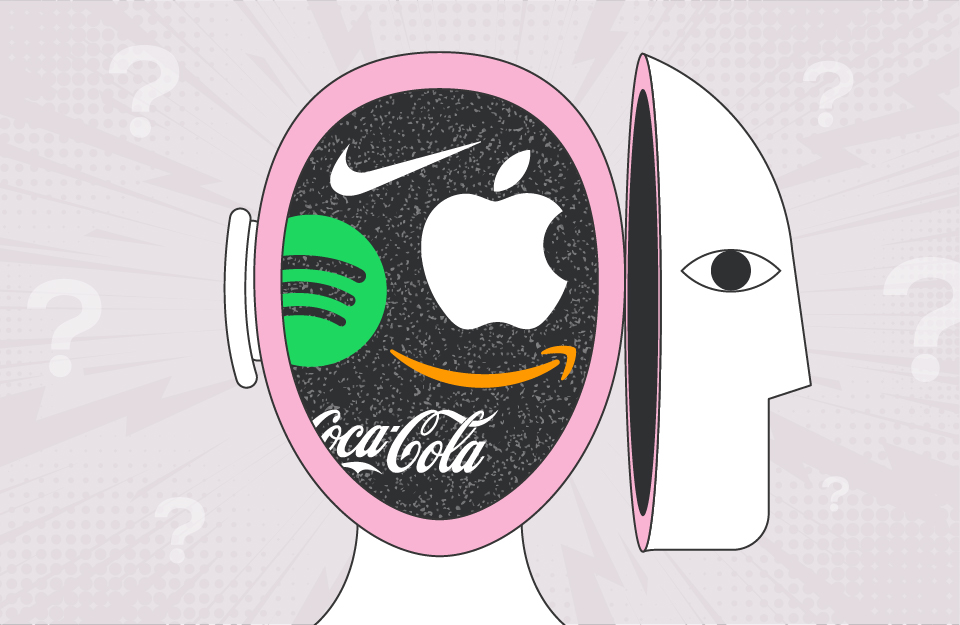Polarisation of ideas and conversations can be looked at through an election where a party might get a much smaller parliamentary representation than their overall voting percentage indicates. If our ideas and values were seen as seats in the parliament of our mind it could very well skew and magnify our differences couldn’t it? Simply put we probably have much more in common with our fellow citizens than we realise it’s just that a couple of movements here or there conducted within online echo chambers eliminate any realisation of this. Seen also through the lens of a Venn diagram the central shared bit of common values, goals and aspirations is what gets missed in these online “conversations” or “discussions”.
What is it about the mechanics of digital platforms and social media that have made it so hard to find a middle ground, and what can we do about it? In this blog, we decided to discuss exactly that.
The age we live in no doubt provides many positive opportunities. Digital platforms have allowed greater democratisation, with users successfully developing their businesses, connecting, and organising events or movements. However, the rate at which this has taken hold and how the online environment works require better understanding, discipline and consideration.
Computers work using binary language, which essentially uses a sequence of on and off switches, 1s and 0s, that allow electricity to flow. Is it surprising then, in some way, that this binary element has crept into discussions and conversations? On-off = yes-no = like-hate is perhaps not that big of a leap.
Before, when there were only newspapers, radio, magazines and television, these mediums allowed a more considered narrative and resulting conversation. A middle ground where agreements, concessions, compromises, understanding and mutual respect could take place was achievable.
The key element was time. The obvious delay between reading or listening to a conversation and the means you had to respond were not what they are today. That is both good and bad. While more voices can be heard, the speed and ability to exist in echo chambers means that meaningful discussions, conversations and debates are being further and further polarised. Now the more someone has a position, the more they double down – any chat only increases the distance.
Why has this happened?
In a previous “elastic thinker” blog, we discussed Marshall McLuhan, whose most famous contribution to media understanding is “The Global Village”. Even more than 50 years ago, he saw the potential for problems in a rapidly connecting world. He highlighted that some had misunderstood his use of village as cosy and positive. In actuality, his intention was to show how too many people in close proximity too much of the time could create friction and even conflict.
Fast forward to now, and indeed it would appear that, at times, our divides are greater than ever. A cocktail of elements has created a dangerous potential barrier for future meaningful, healthy debate:
- The speed at which information is broadcast or made available
- The now infinite number of available platforms with which to fill with content
- The ability to have a hateful thought or comment supported by many others
- Human nature appears to be more driven or motivated to be negative or even hateful than to love or like
It’s so frictionless when so much is at your fingertips, and this is great in many cases. Again when used positively, digital platforms can mobilise movements quickly, providing attention and broadcast strength to well-meaning individuals and groups.
However, it is also providing an environment where everything is only viewable as:
- Right or Wrong
- Left or Right
- My team or Your team
- Pick a side
- You’re either with us or against us.
- There is no in-between.
And therefore, no purposeful conversation to have.
The presentation of information has changed too. It used to come from a narrower set of places – often with regulations, checks and balances to look at accuracy, legitimacy and even, dare we say it, whether it was the right thing to say or do. The barriers to this have completely eroded for the most part.
In some ways, this has been positive and allowed for greater democracy. Previously unheard voices can now broadcast with some of the very same opportunities as bigger, more established entities. However, doing so has also allowed many theories, conspiracies and hatred to take hold. And without any of the usual anchors with which to judge, they can be taken as correct. What’s more, if they are shared, repeated and liked by many others, they shortly become true.
With all this noise, it can come down to who is louder. Instead of coming together to discuss the very nature of this situation, it now causes a lot of people to, if you like, “choose” their own truth. Opinion trumps facts. In these circumstances listening and considering vanish.
So what to do?
There has been some talk about looking at delaying interactions such as likes and replies to allow time for more consideration and potentially reduce the heating up. Could this help?
Schools have been attempting for a while now to discuss with their pupil’s subjects such as online bullying and mental health, which for some is the direct result of interactions on social media platforms. Could this be further developed to focus on better online discipline in how we conduct ourselves in online interactions?
Could there be more government intervention or an independent body or regulator set up to look at this more closely further than what currently exists without losing the freedom of speech?
Is there a requirement for more general awareness and discussion around what a healthy debate could/should look like?
As we look to another upcoming election with much greater global consequences how will that be settled? Under the confines of the current online environment for the majority of conversation snd decision making how can a well thought out, reasoned and logical discussion possibly take place about the US Election?




